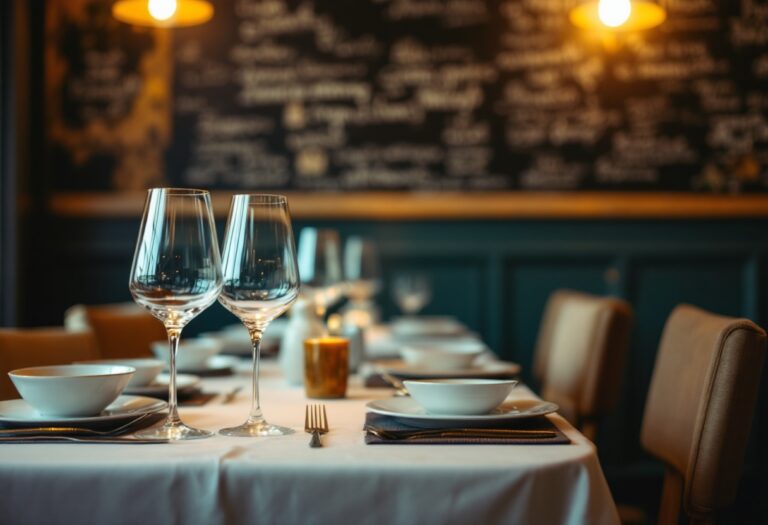Exploring the consequences of negative reviews on social media for restaurants and diners.

Topics covered
In the age of social media, food reviews have become a powerful tool for consumers and a potential minefield for restaurants. The recent controversy surrounding food reviewer Kalani Ghost Hunter’s scathing review of Aye Eat in Inverness highlights the delicate balance between honest feedback and the potential harm it can cause to businesses.
Scoring the restaurant’s burger just three out of ten, Ghost Hunter’s review sparked outrage, leading to the removal of the post from TikTok after the restaurant’s owners faced threats and vandalism. This incident raises a critical question: Is there a place for negative food reviews on social media?
The role of authenticity in food reviews
Ayoola Maclennan, a food and lifestyle content creator, emphasizes the importance of authenticity in her reviews. Since 2020, she has been sharing her dining experiences in and around Aberdeen, initially focusing on positive feedback. However, as her experiences diversified, she began to include negative reviews to provide a more balanced perspective. “Less than 5% of my reviews are negative,” she states, adding that her intention is not to deter diners but to document her culinary journey. Maclennan believes that taste is subjective, and what may not appeal to her could be delightful for someone else.
Restaurants’ responses to negative feedback
Christine Mackintosh, who works at her family’s business, Marshall’s Farm Shop, shares her perspective on the mixed nature of online reviews. While she acknowledges that negative comments can be disheartening, she believes that constructive criticism can lead to improvement. “If a chef has 120 people in the restaurant and a burger is slightly undercooked, we want to know about it immediately so we can rectify the situation,” she explains. Mackintosh advocates for direct communication between customers and restaurants, suggesting that many negative reviews stem from misunderstandings that could be resolved on the spot.
The psychological toll of online criticism
The impact of negative reviews extends beyond the restaurant’s reputation; it can also affect the mental health of those behind the business. Mackintosh points out that while some reviews can be helpful, they often come with exaggerated claims that can be damaging. “There are people working tirelessly behind these businesses, and harsh criticism can feel incredibly cruel,” she says. As consumers, it is essential to approach reviews with a discerning eye, recognizing that every restaurant has its challenges and that a single negative experience does not define the establishment.
Finding a balance in the review culture
As the debate over the validity of negative food reviews continues, it is crucial for both consumers and businesses to find a balance. Restaurants should welcome constructive feedback and use it as an opportunity for growth, while diners should strive to provide thoughtful, fair reviews that consider the broader context of their experiences. Ultimately, the goal should be to foster a community where honest feedback leads to improvement rather than harm.




